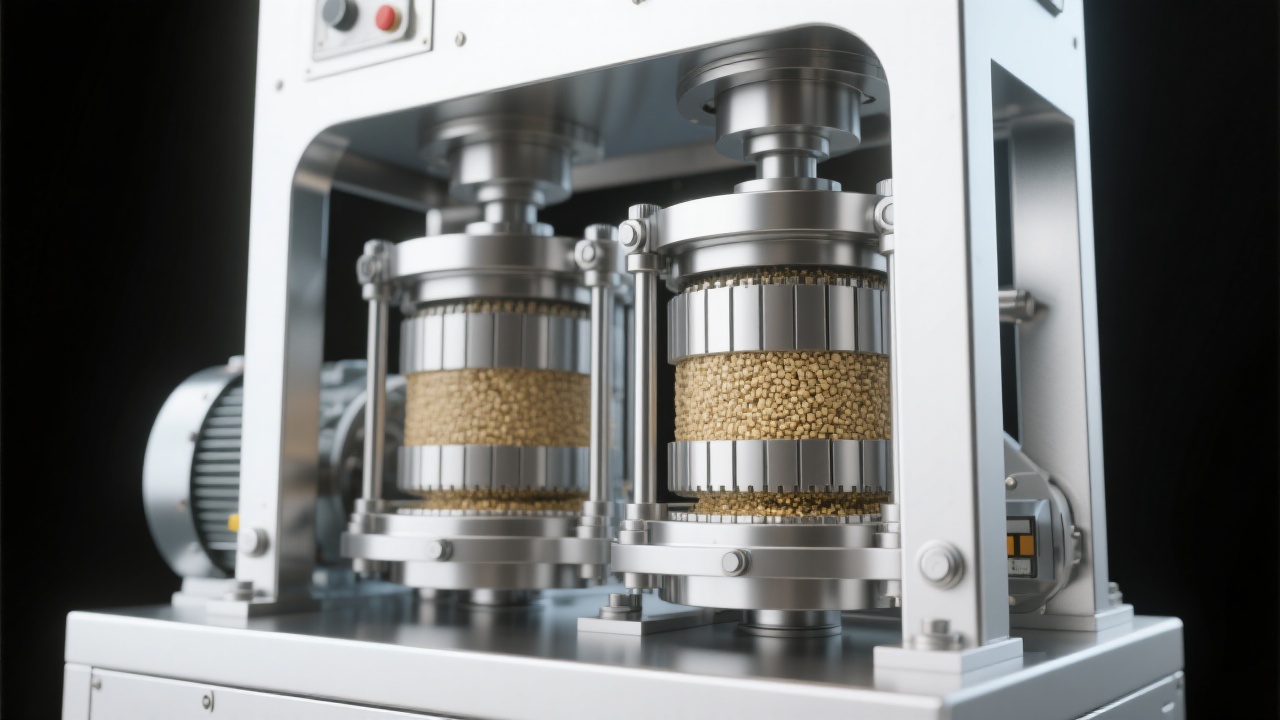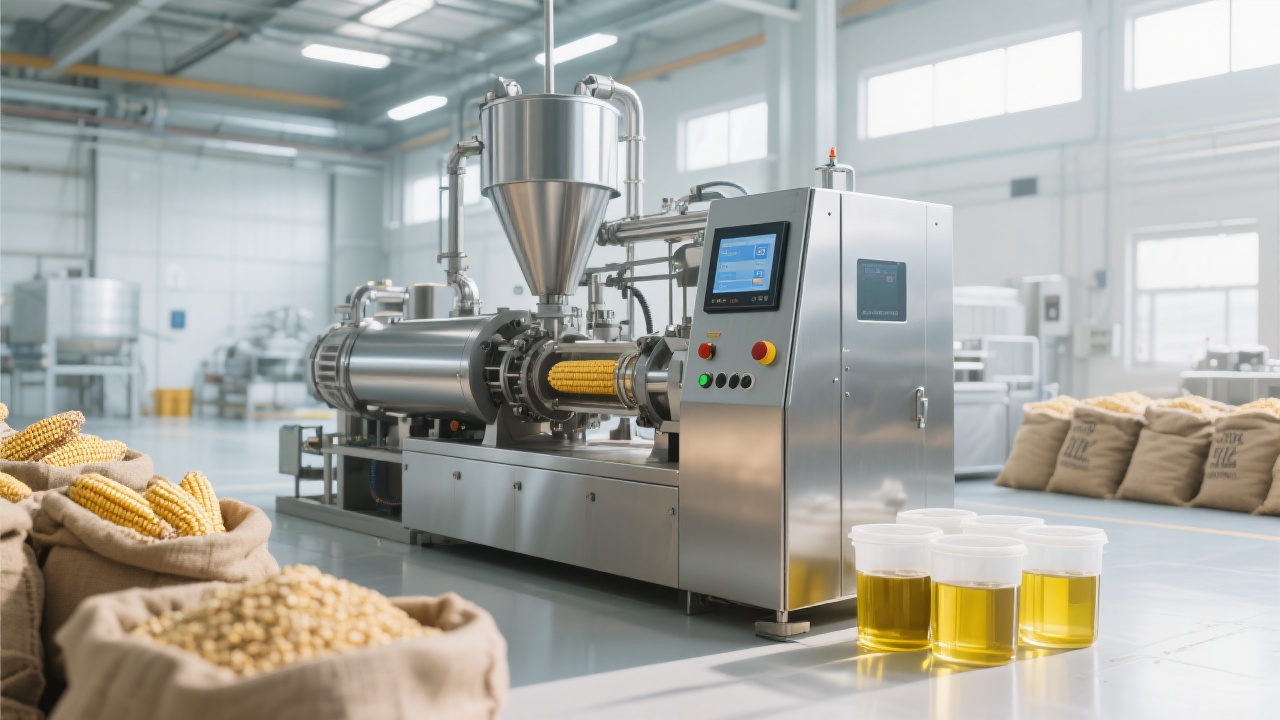
As environmental sustainability and operational efficiency become pivotal factors in the food processing industry, modern soybean oil plants are increasingly adopting advanced green technologies and intelligent energy management systems. This article explores how contemporary soybean oil manufacturers achieve sustainable production while optimizing energy use, ensuring product quality, and enhancing economic performance.
The trend toward green manufacturing in the soybean oil industry has accelerated in recent years, driven by regulatory pressures, market demand for eco-friendly products, and rising energy costs. Traditional processing methods tend to consume extensive energy—often exceeding 30% of operational costs—while emitting significant greenhouse gases and waste. In contrast, modern plants emphasize energy efficiency, environmental compliance, and minimal carbon footprint, creating a competitive advantage that dovetails with global sustainable development goals.
Integration of cutting-edge technologies is essential for efficient energy management. Among these, intelligent control systems using IoT sensors and AI-driven analytics enable real-time monitoring and optimization of energy consumption. For example, adaptive process control can reduce steam and electricity usage by up to 18% without compromising throughput. Heat recovery units capture residual heat to preheat raw materials or power auxiliary units, improving overall energy utilization ratio to as high as 85%.
Additionally, the adoption of variable frequency drives (VFDs) on motors and pumps adjusts operating speeds based on demand, reducing energy waste by approximately 12-15%. Modern filtration and deodorization equipment also incorporate energy-saving designs, combining lower thermal losses with enhanced product integrity.
Efficient production processes play a crucial role in minimizing energy consumption. Reviews of high-performance extraction and refining methods reveal reductions in unit energy consumption by more than 20% compared to older techniques. Improved solvent recovery systems and streamlined degumming processes further reduce environmental pollutants and energy input simultaneously.
| Process Stage | Traditional Energy Use (kWh/ton) | Modern Energy Use (kWh/ton) | Energy Savings (%) |
|---|---|---|---|
| Extraction | 450 | 350 | 22.2% |
| Refining | 380 | 300 | 21.1% |
| Packaging & Utilities | 150 | 125 | 16.7% |
The transition to intelligent quality control systems integrates sensors for real-time monitoring of parameters such as temperature, viscosity, and contaminants. Automated feedback loops ensure prompt adjustments, reducing defects and energy waste caused by reprocessing. Such systems have demonstrated a decrease in product variance by up to 25%, enhancing market competitiveness while optimizing resource consumption.
One exemplary soybean oil facility reduced its annual energy consumption by 18% after implementing a comprehensive energy management system combining heat recovery, AI-based process optimization, and upgraded refining technologies. This translated into operational savings exceeding $500,000 annually and a 12% reduction in CO₂ emissions, while maintaining product purity and throughput above 95% design capacity.

Compared with conventional plants, modern soybean oil factories offer multiple advantages:

Green and efficient energy management not only ensures regulatory compliance and environmental stewardship but also delivers compelling economic benefits. The integration of innovative technologies and smart controls reduces energy costs significantly while bolstering product consistency—a dual value proposition that aligns well with global trends favoring sustainable industrial practices.

Discover How to Transform Your Soybean Oil Plant with Sustainable and Efficient Energy Solutions

